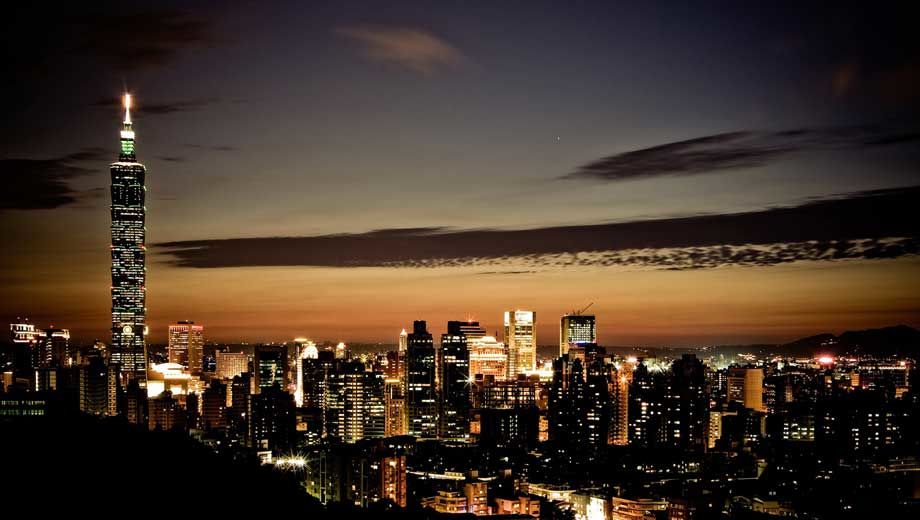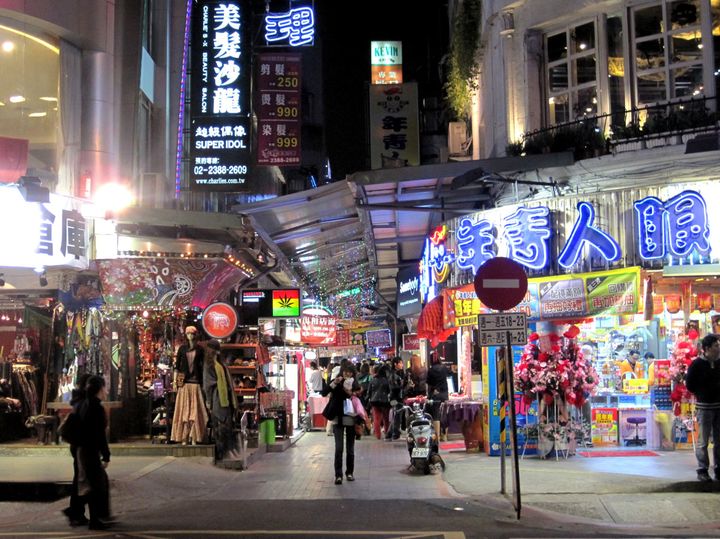Taiwan and its capital city Taipei are mega-hubs in the tech industry, housing the headquarters of companies like Acer, Asus and HTC, along with the lesser-known Foxconn, but which manufactures tech for global giants such as Apple, Amazon and Microsoft.
Visiting Taipei is easy from Australia with non-stop flights from Sydney, Melbourne and Brisbane shared between China Airlines and EVA Air, and doing business here is relatively straightforward once you understand the local culture and customs.
Australian Business Traveller rounds up five key things you should be familiar with before any business trip to Taiwan.
1. Business culture and corporate attire
While emails and phone calls serve their purpose well, the Taiwanese usually prefer face-to-face meetings wherever possible. When these take place, always bring a senior staffer with you and ideally one or two other members of your team to help underscore the importance of the meeting.
You’ll want to dress conservatively – for gents that’s your typical suit and tie, and for women, darker-coloured pant suits – but don’t be afraid to settle in and remove your jacket once a meeting has begun.
Also avoid speaking too directly when discussing negative issues and delete the word “no” from your vocabulary: replacing these with a more gentle and subtle approach, and phrases like “we’ll try” rather than a downright refusal.
That helps to keep formal discussions like a chat between friends: friendship being highly valued in Taiwanese business culture.
2. Meetings and greetings
Shaking hands is becoming the normal greeting in Taiwan, but also be prepared for a Japanese-style bow (with your arms kept by your sides) or even a simple nod.
Once the meeting begins, expect any negotiations to be tough and serious. Keep your patience and let the locals set the pace, avoiding being too pushy or pressing too hard, too quickly.
Note also that food-related phrases during office hours like “have you eaten?” are more so a pleasantry than an invitation – responding with “yes, thank you” is appropriate.
But if you’re invited to dinner, that’s an invitation you should certainly accept: and more on that later.
3. Giving and receiving business cards, gifts
As is the norm across Asia, gifts and business cards are exchanged using two hands. For the latter, have one side printed in English and the one side in Traditional Chinese (not Simplified Chinese). Present with the Chinese side facing up and towards the recipient.
You’ll earn brownie points for using gold ink which symbolises wealth and success, and when receiving a card, be sure to read it and then place it on the table or into a dedicated business card holder: never into your normal wallet or back pocket.
The format of Chinese names also puts the surname ahead of the first name, so if your counterpart is Mr Tân Chen, “Mr Tân” or “Director Tân” is the polite greeting.
(That’s also why many hotel staff across Asia greet Westerners using their first names – for example, “Mr John” – rather than their family names.)
Business gifts are the norm and should come beautifully wrapped, be opened in private and be something of value without being excessive such as a bottle of scotch. Avoid anything with a cutting mechanism such as knives, swords and scissors which symbolise the same of your friendship if given.
4. Growing your friendship through hosted dinners
Remember that friendship in business is very important in Taiwan, so chances are you’ll be invited to dinner during your stay. That’s why you should avoid discussing business unless others bring it up first – instead focussing on ‘friendly’ subjects such as family, general sightseeing and culture.
The invited guest is always expected to eat and comment on the food before anybody else begins their meal, so don’t hesitate to dig in. Toasting is also common and expected: the host goes first, after which you should down your drink in its entirety and place the glass upside down on the table.
Reciprocate with a toast to the host once you’re passed an empty glass which somebody then fills up. These toasts can be frequent throughout the evening, so later switch to half-pours of whatever you’re drinking or a lighter beverage altogether to moderate your alcohol intake.
Serving tea symbolises the end of the meal – have a cup and be on your way, declining any polite invitations to remain. The host always pays, but offering to pay yourself is seen as polite, even though the host will turn down the offer.
5. Simple dos and don’ts
Do:
- Sit with your hands in your lap during meetings
- Bring a wad of business cards so you don’t run out
- Refer to the People’s Republic of China only as “Mainland China”, not “China” or “PRC”
- Keep conversation friendly and indirect when negative
Don’t:
- Wink at anybody or touch on the shoulders or head
- Point with a single finger – use an open palm instead
- Move objects with your feet or use them to point
- Introduce yourself at meetings – somebody else does it for you
Also read: EVA Air ramps up Brisbane-Taipei flights
Follow Australian Business Traveller on Twitter: we're @AusBT



Jetstar Airways - Qantas Frequent Flyer
05 Oct 2012
Total posts 2
I have been doing business there since 1984 and agree most comments are correct. Like most countries they are becoming more relaxed in their dress. Major companies still prefer the older ways. As most have been educated in the USA they follow a similar lifestyle now and Western ways are more popular in food, clothing and habits.
A recent flight with China Air in business from MEL had predominantly Chinese food and angled seats. Other options are SQ and CX which offer more comfort and lay flat. Taiwan has great food, a fantastic rail system and most people are very helpful
Qantas - Qantas Frequent Flyer
06 Nov 2014
Total posts 358
Well done and very informative.
I am from Taiwan and even I don't know many of the stuff (I am not a business man).
Credit to you for knowing the Republic of China is the official name of Taiwan. Not many people know that, and in fact not many people even know China Airline is not from China (Which caused a bit of confusion in the late 90's and early 2000's, as people couldn't fly to China with China Airlines!)
Hi Guest, join in the discussion on Your guide to doing business in Taiwan (Republic of China)